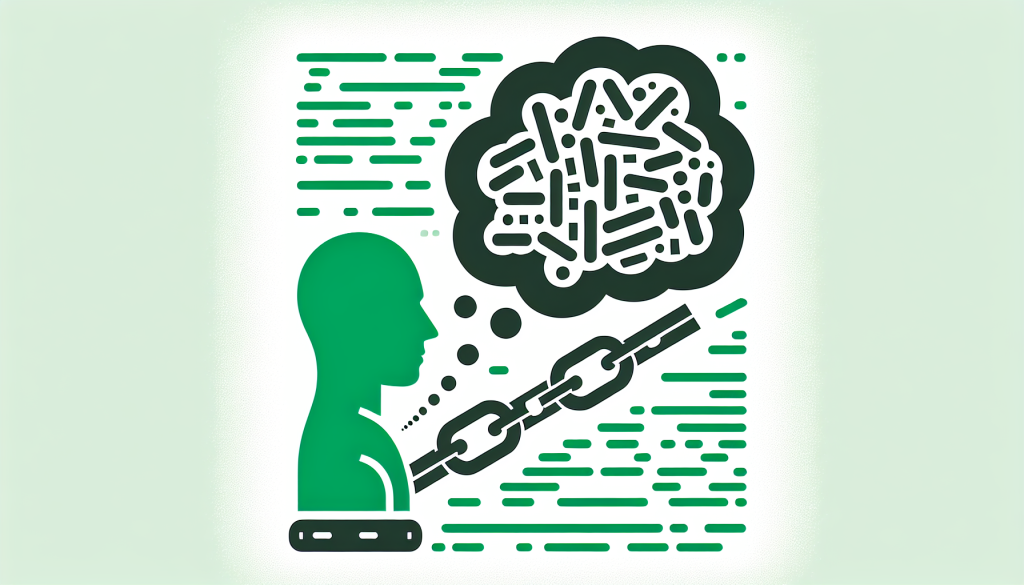Victim mentality is a psychological phenomenon that is often misunderstood and misinterpreted. It can be deeply ingrained in a person’s self-identity, influencing their thoughts, behaviors, and relationships, and yes, it affects your finances. This mindset is characterized by a constant feeling of being victimized, even when this is not the case.
Unraveling the concept of victim mentality
People with a victim mentality often perceive themselves as the target of others’ actions, decisions, or misfortunes, even when there is no objective evidence to support these beliefs. They tend to blame others for their problems and difficulties rather than taking responsibility for their actions and their consequences.
The love and affection factor
Interestingly, people with a victim mentality often learn that portraying a ‘poor me’ persona is a way to receive love and affection. They may have learned from past experiences that they receive attention, sympathy, or care when they present themselves as victims. This can create a cycle where they continue to portray themselves as victims to receive the love and attention they crave.
However, the sad reality is that the love and affection they receive are often conditional and based on what they have been through rather than who they are as individuals. This can lead to feelings of emptiness and dissatisfaction, as they may feel that they are not loved for their true selves but rather for their perceived victimhood.
Changing the narrative: a powerful tool
While we cannot change our past, we have the power to change the feelings and stories surrounding it. This is a crucial step in overcoming a victim mentality. By reframing our past experiences and changing the narrative we tell ourselves, we can shift from a mindset of victimhood to one of empowerment.
For instance, instead of viewing a past traumatic event as something that has permanently damaged us, we can choose to see it as a challenging experience that has made us stronger and more resilient. Instead of seeing ourselves as victims, we can see ourselves as survivors who have overcome adversity.
Steps to overcome victim mentality
Overcoming a victim mentality requires self-awareness, self-reflection, and a willingness to change. Here are some steps that can help in this process:
1. Acknowledge the Victim Mentality: The first step in overcoming a victim mentality is acknowledging its existence. This involves recognizing the patterns of thought and behavior that indicate a victim’s mentality and understanding how they affect your life.
2. Challenge Negative Beliefs: Once you have acknowledged your victim mentality, the next step is to challenge the negative beliefs associated with it. This involves questioning the validity of these beliefs and replacing them with more positive and empowering ones.
3. Seek Professional Help: If you find it difficult to overcome your victim mentality on your own, consider seeking professional help. A therapist or counselor can provide you with the tools and strategies you need to change your mindset and improve your mental health.
4. Practice Self-Compassion: Be kind to yourself during this process. Changing ingrained patterns of thought and behavior can be challenging, and it’s important to be patient with yourself and celebrate your progress along the way.
Wrapping up
Victim mentality is a complex psychological phenomenon that can significantly impact a person’s life. You can bet that a victim mentality has an impact on every relationship you have and on how you function in life. Your job will be affected, and your finances will reveal a victim mentality.
Remember, with self-awareness, determination, and the right support, it is possible to overcome this mindset and lead a more empowered and fulfilling life. Remember, you are not defined by your past experiences but by how you choose to respond to them. It’s a journey, but one that’s worth taking.
Frequently Asked Questions
Q. What is victim mentality?
Victim mentality is a psychological phenomenon characterized by a constant feeling of being victimized, even in situations where this is not the case. People with a victim mentality often perceive themselves as the target of others’ actions, decisions, or misfortunes and tend to blame others for their problems and difficulties rather than take responsibility for their actions and consequences.
Q. How does the ‘poor me’ persona relate to victim mentality?
People with a victim mentality often learn that portraying a ‘poor me’ persona is a way to receive love and affection. They may continue to portray themselves as victims to receive the attention they crave. However, the love and affection they receive are often conditional and based on what they have been through rather than who they are as individuals.
Q. How can changing the narrative help overcome victim mentality?
Changing the narrative or reframing past experiences is a crucial step in overcoming a victim mentality. Instead of viewing a past traumatic event as something that has permanently damaged us, we can choose to see it as a challenging experience that has made us stronger and more resilient. Instead of seeing ourselves as victims, we can see ourselves as survivors who have overcome adversity.
Q. What are some steps to overcome victim mentality?
Overcoming a victim mentality requires self-awareness, self-reflection, and a willingness to change. Steps include acknowledging the victim mentality, challenging negative beliefs, seeking professional help if needed, and practicing self-compassion.
Q. Is it possible to overcome victim mentality?
Yes, with self-awareness, determination, and the right support, overcoming a victim mentality and leading a more empowered and fulfilling life is possible. Remember, your past experiences do not define you but by how you choose to respond to them.
The post Understanding and overcoming victim mentality appeared first on Due.
